History and the art of living in the Calanques
The National Park is home to several remarkable monuments, some of which are listed, registered or labelled. There are also heritage excursions on foot and by boat, as well as museums that shed light on the history of the Calanques...
 Before you leave
Before you leave
Before going into the National Park, plan your visit: find out about the access conditions, check out the route and ensure you are well-equipped (good walking shoes, enough water, sun protection, etc.).
 Monuments to visit
Monuments to visit
The Calanques historical monuments are characterised by their incredible diversity: military forts, industrial sites, artists' houses, a painted cave...
- The Château d’If: the famous prison of the Count of Monte-Cristo, a listed historic monument, it is open for visits every day throughout the year, except Mondays outside of the summer season.
- Hôpital Caroline: this former quarantaine hospital, an impressive building with listed historic monument status, is open for visits during cultural events and Heritage days.
- L’Escalette industrial remains: this former factory, a remarkable industrial relic, can only be visited during the summer period.
- The Château de Forbin: this sumptuous residence surrounded by a formal garden and a lush park can be visited by reservation throughout the year.
- Fondation Camargo: with Maison des Illustres status, the former residence of the American philanthropist and filmmaker Jerome Hill, now an arts and human and social sciences residency venue, opens its gardens overlooking the Mediterranean to the public on Fridays.
- The chapel of Notre-Dame de la Garde de La Ciotat: not far from Parc du Mugel, dominating an exceptional natural site, this little church is accessible for visits during the afternoons all year round.
- The Bec de l’Aigle semaphore station: owned by the French Navy, visits are organised during certain events, in particular during certain Heritage Days and Sea Days.
- The Callelongue semaphore station: completely renovated by the National Park, the inside is only open for visits occasionally for school groups, but outside it offers a superb panoramic viewpoint.
- The Château de Port-Miou: this former home built for the staff of the adjoining quarry has been completely renovated. In 2021, the third floor with adjoining terrace and the hiking trail will offer a heritage exploration of the building and the biodiversity present in the Calanque.
- Villa Michel Simon: with Maison des Illustres status, the villa of the famous Swiss actor will be, on completion of the current work, the main National Park house.
- Grotte Cosquer: this painted cave, with listed historic monument status, cannot be visited, but a replica is being developed in the Villa Méditerranée, near the Mucem, which is expected to open in 2022.
 Heritage walks
Heritage walks
Various cultural walks can be enjoyed in the Calanques National Park. Here is a selection of them:
- The villages of Les Goudes, Callelongue, Sormiou and Morgiou: originally hamlets for holidaying and fishing, these villages are made up of characteristic cabins, which bear witness to a certain way of life that is still current today. Visitors are welcomed with open arms by the inhabitants on the condition that their living environment is respected.
- The Fontaine de Voire: a walk in the hills in the mythical site of the Fondation de Marseille, which can be done accompanied by a soundscape track.
- The Parc Pastré: this magnificent park, nestled between the sea and the hills, with its bastides and ponds, can be visited all year round.
- The Parc du Mugel: classified as a remarkable garden, this botanical and landscaped park, decorated with fountains and offering a superb panorama from the terrace of its bastide, is open all year round.
- Esprit Parc national excursions: several group visits are organised as part of the National Parks brand, including a heritage walk in Marseilleveyre, and sea trips on a schooner.
- Underwater wrecks: the cradle of underwater archaeology, many shipwrecks and even aeroplane wrecks can be found at the bottom of the marine part of the National Park... but to see them, you have to dive!
 Exhibitions and museums
Exhibitions and museums
- L’Escalette industrial remains: this former factory, with its architectural and contemporary art trail, can only be visited during the summer months.
- The Château de Forbin: this sumptuous residence, which presents a collection of urban and contemporary art, can be visited by reservation throughout the year.
- The museums around the Calanques: several museums located in the Marseille area allow you to deepen your visit to the Calanques National Park and to learn more about its natural and cultural heritage.

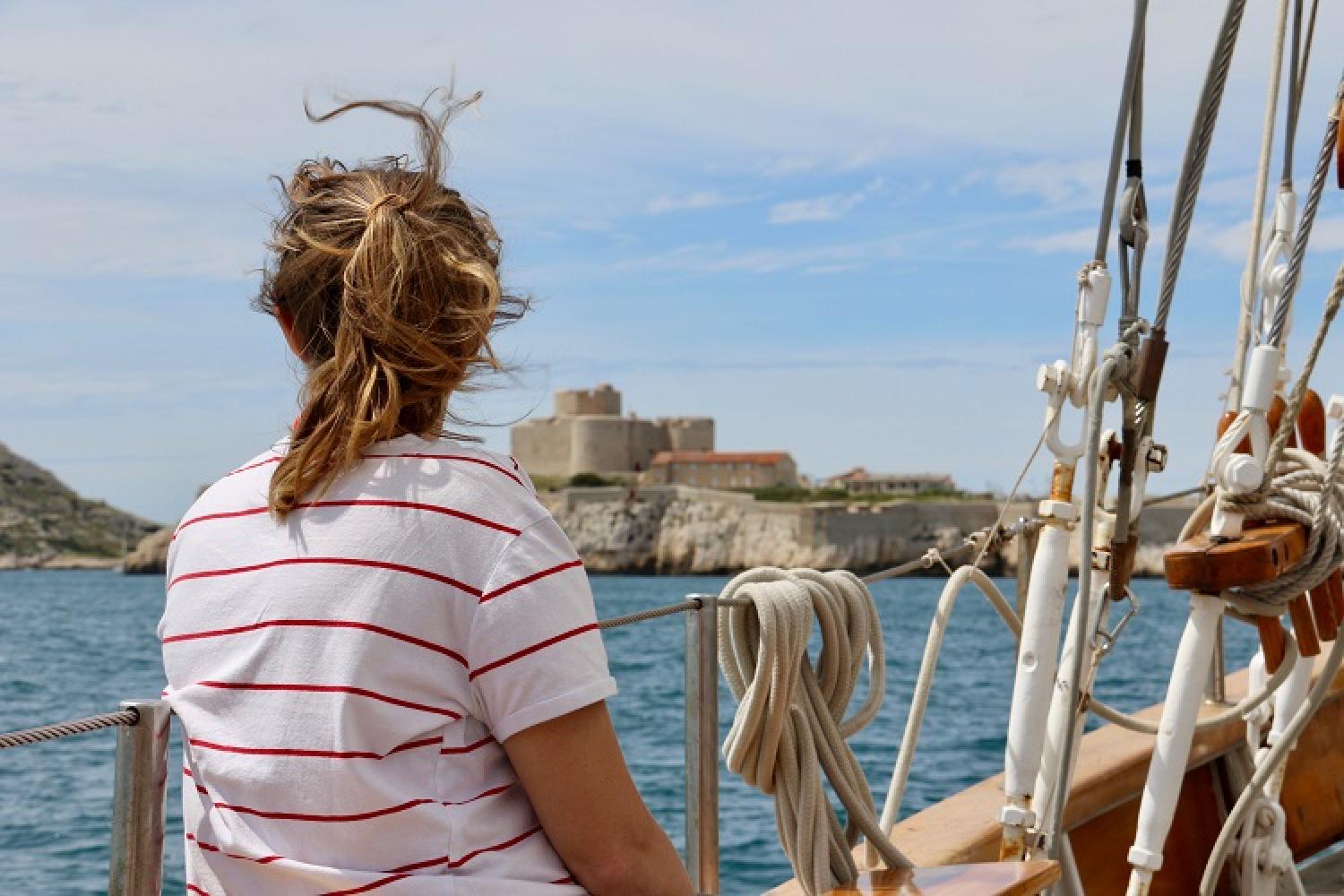
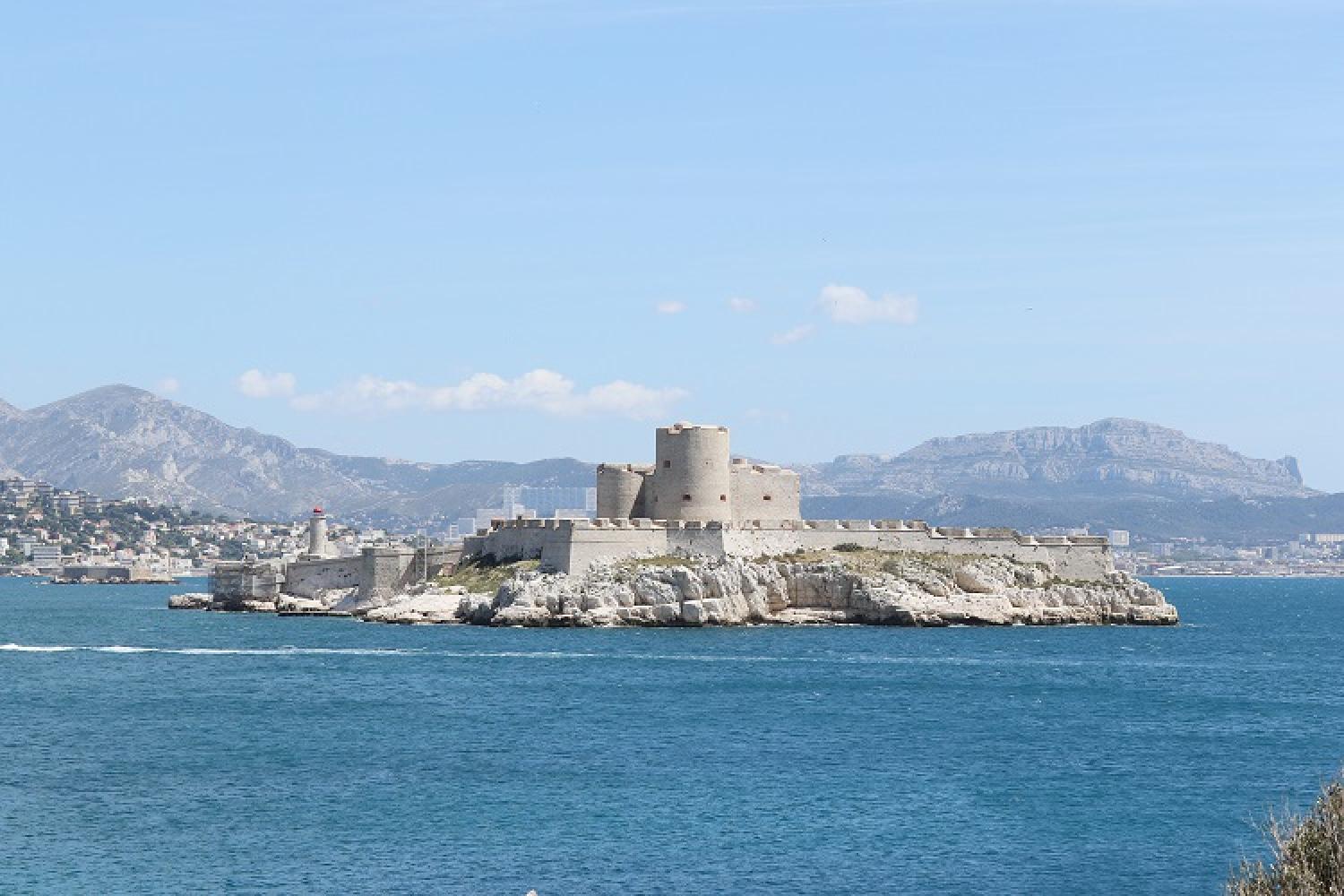
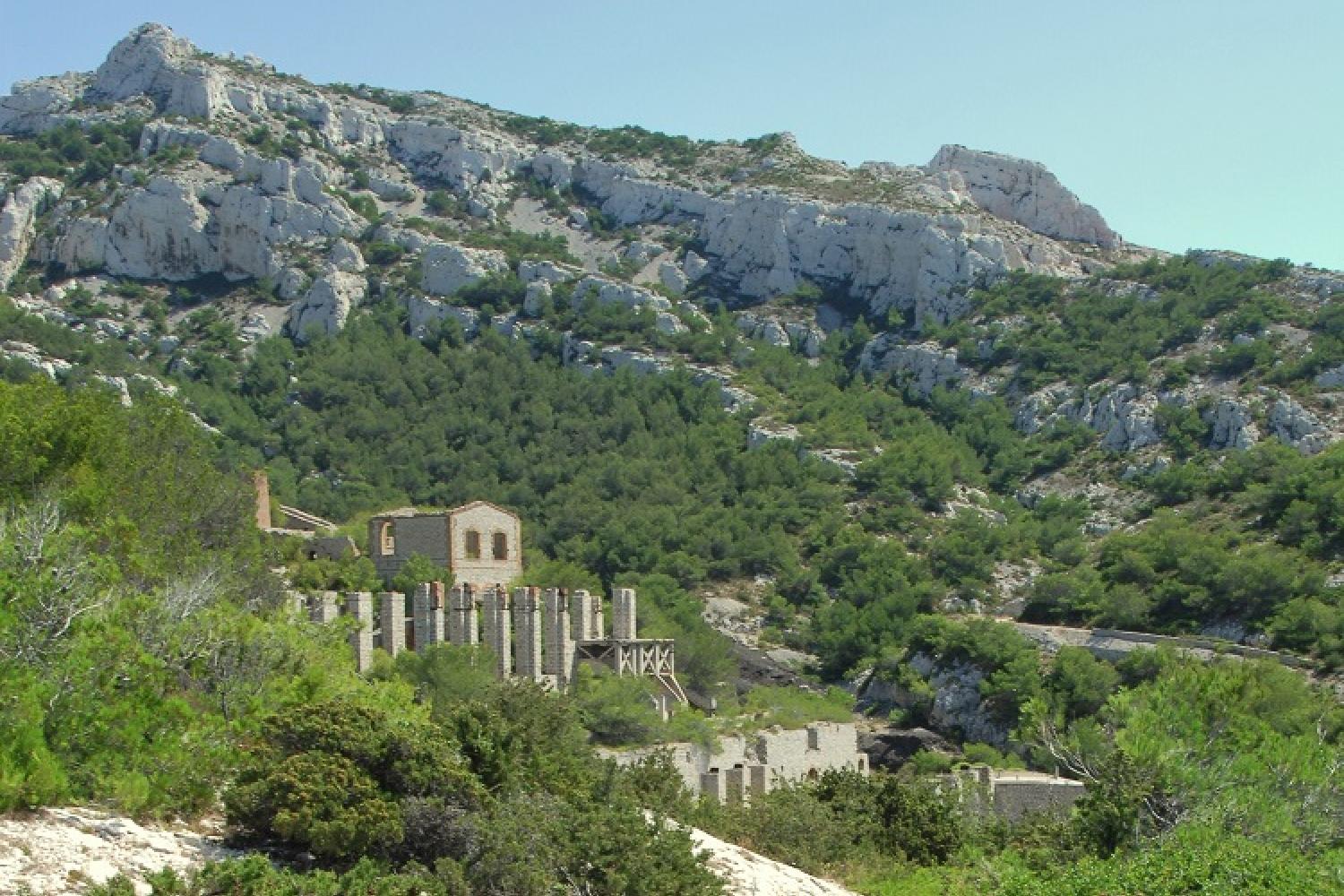
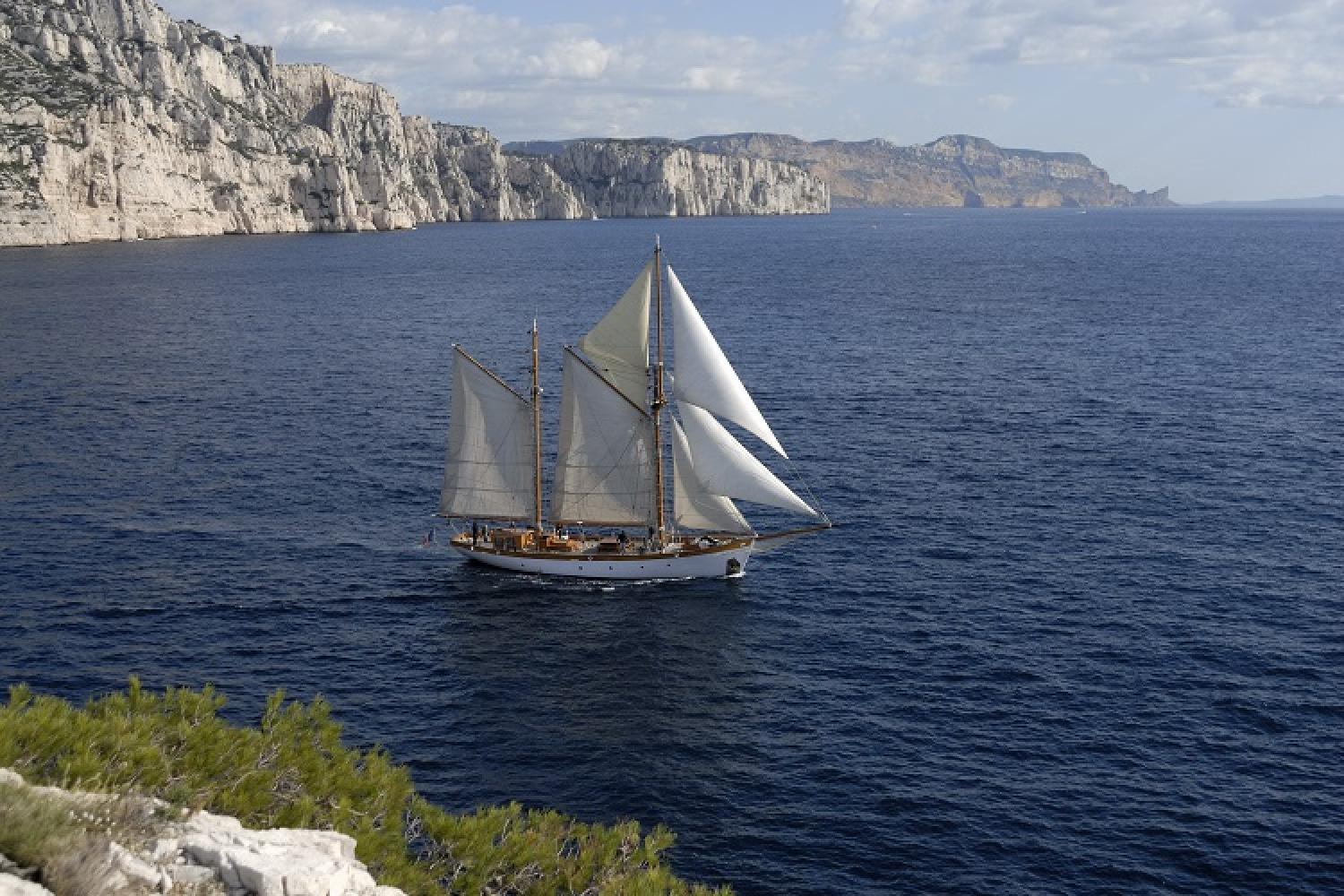
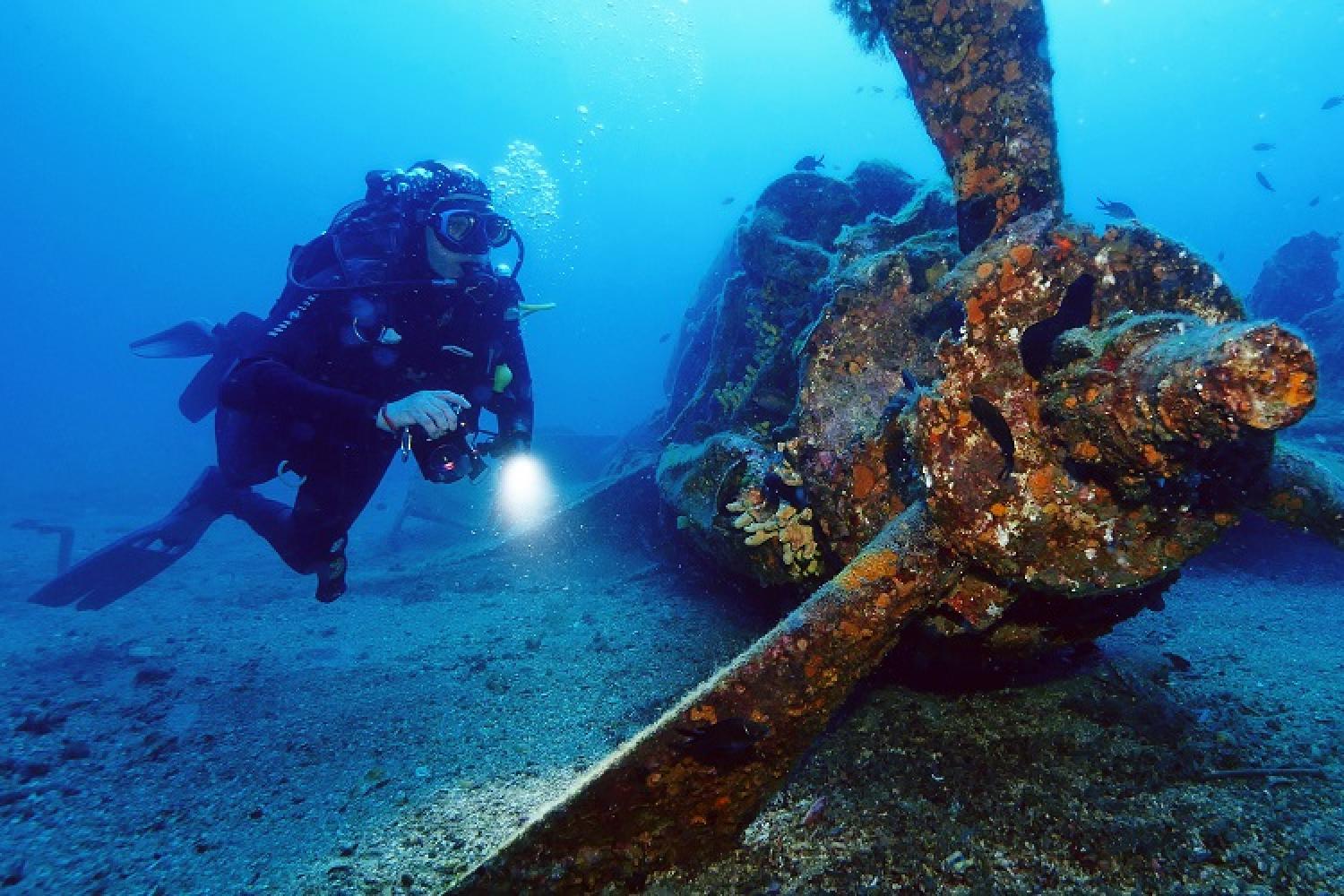
 Links
Links